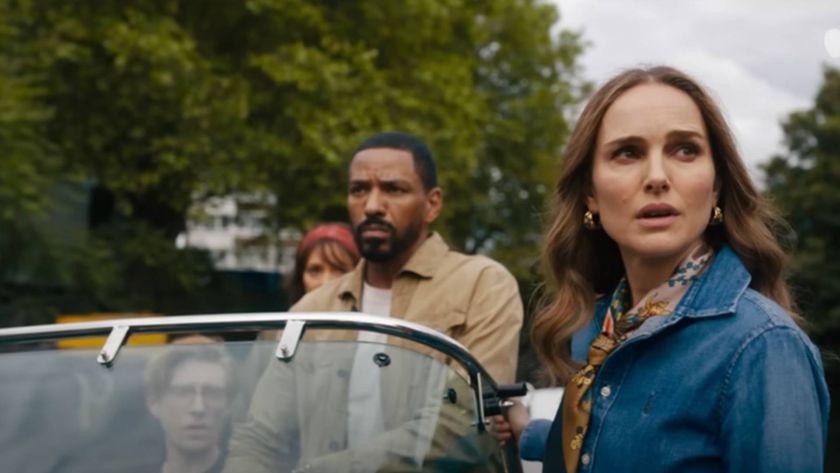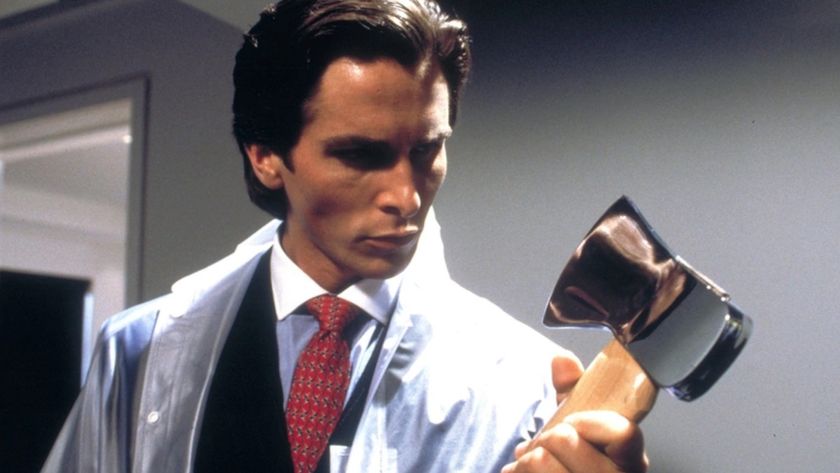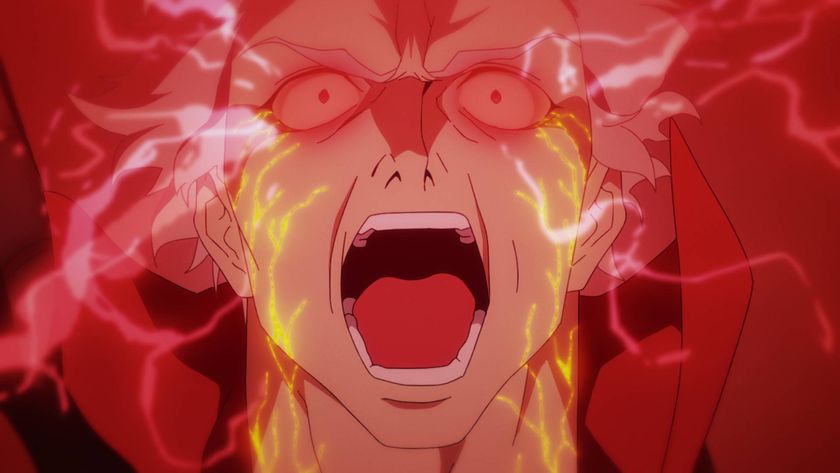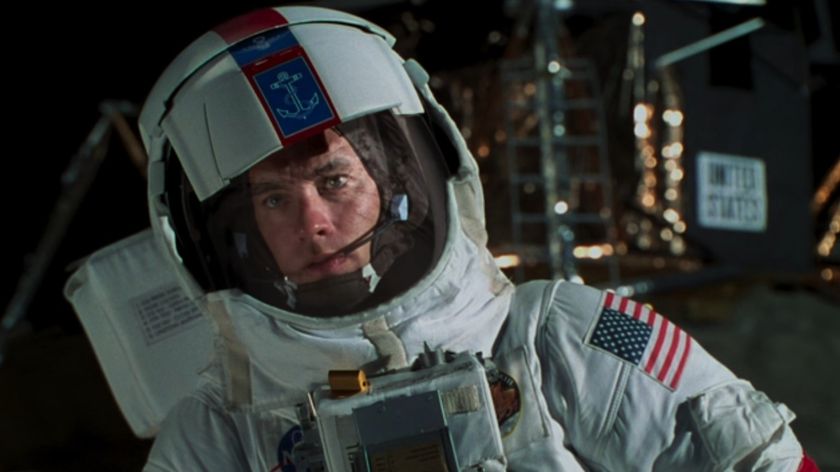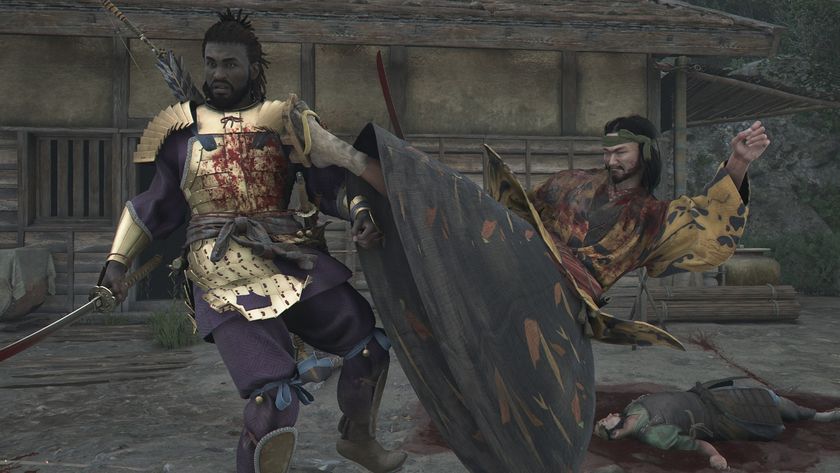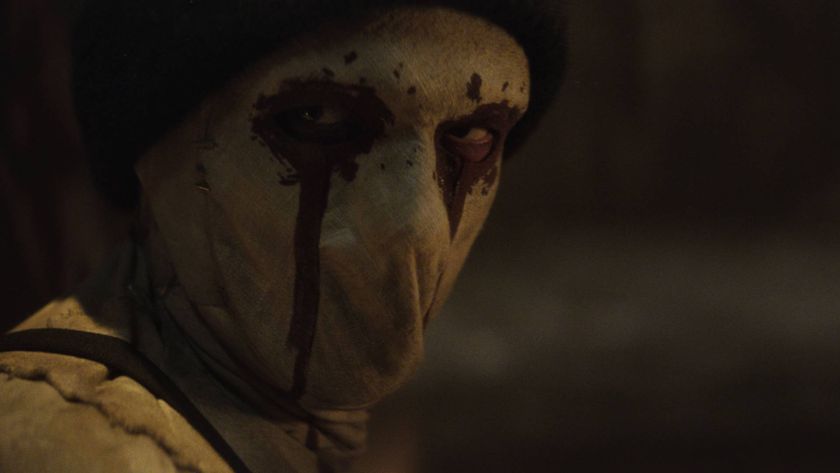30 Movie Scripts Written By Authors
Writers who went from page to screen
The Canyons (2013)

The Author: Bret Easton Ellis ( American Psycho, Less Than Zero, The Rules Of Attraction, The Informers and more)
The Screenplay: Ellis decided with Paul Schrader to make a low-scale, low-budget film and got to work on the screenplay for it. The resulting response to the film, however, wasn’t kind, with many critics saying that it fell somewhere between soap opera and porn.
Signature Style: Sex, drugs, violence, swanky LA pads… this has Ellis’ fingerprints all over it.
Ben-Hur (1959)
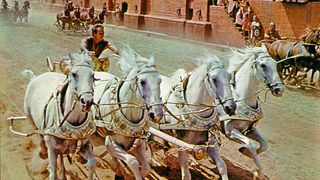
The Author: Gore Vidal ( Julian, Burr, Lincoln and The City And The Pillar among others)
The Screenplay: Gore Vidal worked as a script doctor on the screenplay by Karl Tunberg, which ended up being heavily rewritten by Vidal and Christopher Fry. Both received no recognition however and Tunberg received the sole credit for the film, which led to a major dispute.
Signature Style: Well, considering that The City And The Pillar is considered to be the first American novels to feature homosexuality, it might not come as a surprise that Vidal has always maintained that he added a subtle gay subplot to Ben-Hur . Much to the anger of star Charlton Heston, naturally.
Saturn 3 (1980)
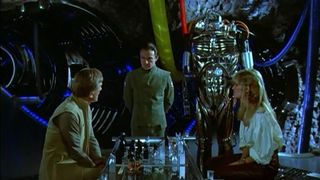
The Author: Martin Amis ( London Fields, Money, The Rachel Papers and more)
Sign up for the Total Film Newsletter
Bringing all the latest movie news, features, and reviews to your inbox
The Screenplay: Martin Amis was hired to write the script based on an idea by John Barry (who was supposed to make his directorial debut with the film before backing out after a dispute with star Kirk Douglas). The finished product is a campy, B-movie sci-fi flick with mild titillation and not much else.
Signature Style: Well his novel Money was loosely based on his experiences of working on this film and all its production disasters.
The Third Man (1949)
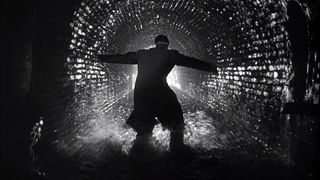
The Author: Graham Greene ( Brighton Rock, The Heart Of The Matter, The Power And The Glory, The Quiet American and do many more)
The Screenplay: Before writing the script, Greene wrote a short novella of the story to use purely as a reference and to help establish mood and atmosphere. The novella was published shortly after the film's release. Originally it had a happy ending, something that was changed for the film by director Carol Reed against Greene's wishes.
Signature Style: The script continues Greene's interest in international espionage and politics, themes also explored in his books The Quiet American, The Confidential Agent and Our Man In Havana among others.
Butch Cassidy And The Sundance Kid (1969)
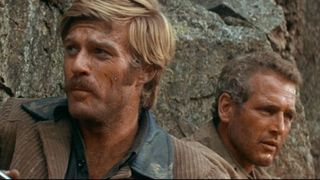
The Author: William Goldman ( The Princess Bride, Marathon Man, Heat, The Thing Of It Is and loads more)
The Screenplay: Goldman spent eight years researching the story before deciding that he didn't want to write a cowboy novel and turning it into an original screenplay instead. He won an Oscar as a result and has since become a hugely celebrated screenwriter, with credits including The Princess Bride, Marathon Man, All The President's Men and Heat .
Signature Style: Adventure, camaraderie, guns... these all seen to be common elements in Goldman's work.
The Innocents (1961)
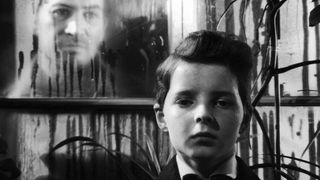
The Author: Truman Capote ( In Cold Blood, Breakfast At Tiffany's and more)
The Screenplay: Capote collaborated on the script based on Henry James' novella Turn of The Screw and is responsible for 90% of the dialogue, adding an unsettling Freudian subtext in the process.
Signature Style: The overall Southern Gothic feel to the film is classic Capote.
Creepshow (1982)
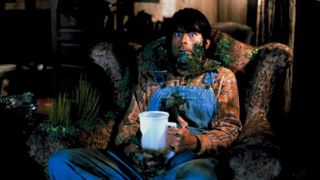
The Author: Stephen King ( The Shining, Misery, Carrie ... do we really need to go on?)
The Screenplay: George A. Romero directed this anthology of five horror stories, two of which were based on short stories previously published by King – Weeds and The Crate – while the remaining three were written by him specifically for the film.
Signature Style: Surely anything vaguely related to just 'horror' counts as Stephen King's signature style.
Where The Wild Things Are (2009)
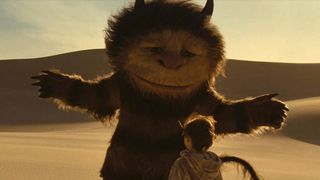
The Author: Dave Eggers ( A Heartbreaking Work Of Staggering Genius, What Is the What: The Autobiography of Valentino Achak Deng and various others)
The Screenplay: Director Spike Jonze co-wrote the film with Eggers, transforming the original 10-sentence story into a 111-page script.
Signature Style: The film doesn't share any immediately obvious style connections with his previous work, but it does share many similarities to Eggers subsequent book The Wild Things ... er... a novelisation of the film.
Moby Dick (1956)
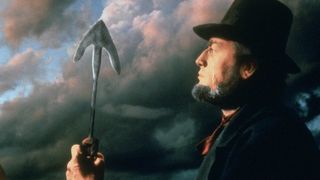
The Author: Ray Bradbury ( Fahrenheit 451, The Martian Chronicles, Something Wicked This Way Comes and tons more)
The Screenplay: Bradbury was hired by director John Huston to write the screenplay and, while developing the script, the pair constantly argued about how best to write it and, much at Bradbury's protests, Huston has his name added as co-writer if the film.
Signature Style: Bradbury is best known for his sci-fi fiction, so this the idea of capturing this behemoth at sea isn't too far outside the realms of that genre.
The Big Sleep (1946)
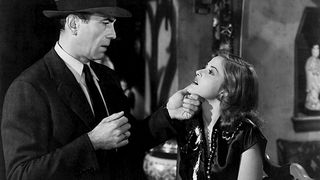
The Author: William Faulkner ( The Sound And The Fury, As I Lay Dying, A Rose For Emily and so many more)
The Screenplay: Faulkner collaborated on the script with Leigh Brackett and Jules Furthman. He struggled to work out who the killer is from the ambiguous ending to the novel and asked author Raymond Chandler to clarify... But he didn't know either.
Signature Style: Faulkner's influence is almost unrecognisable here, with many critics citing this as the turning point where his career as a writer fell apart.
